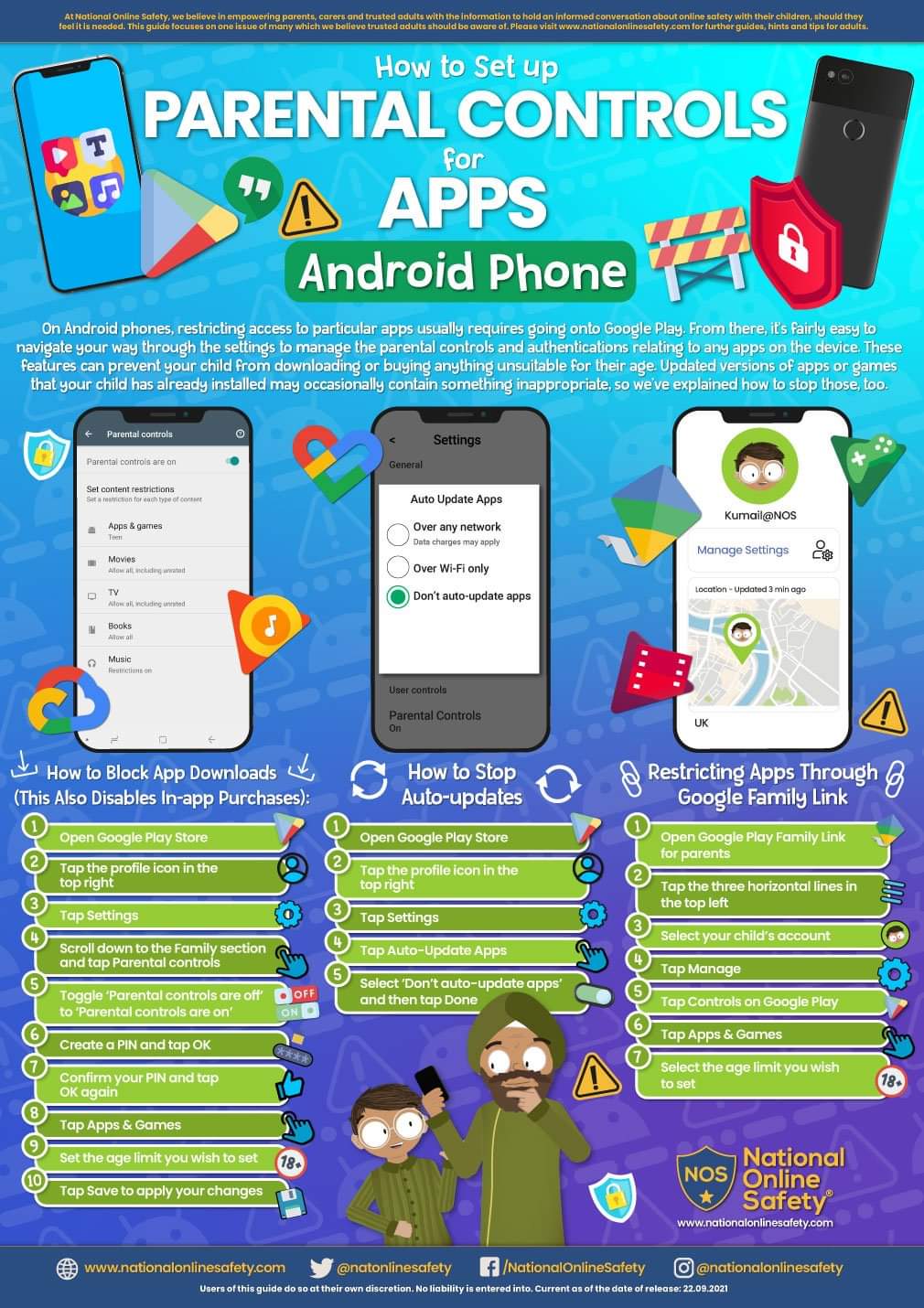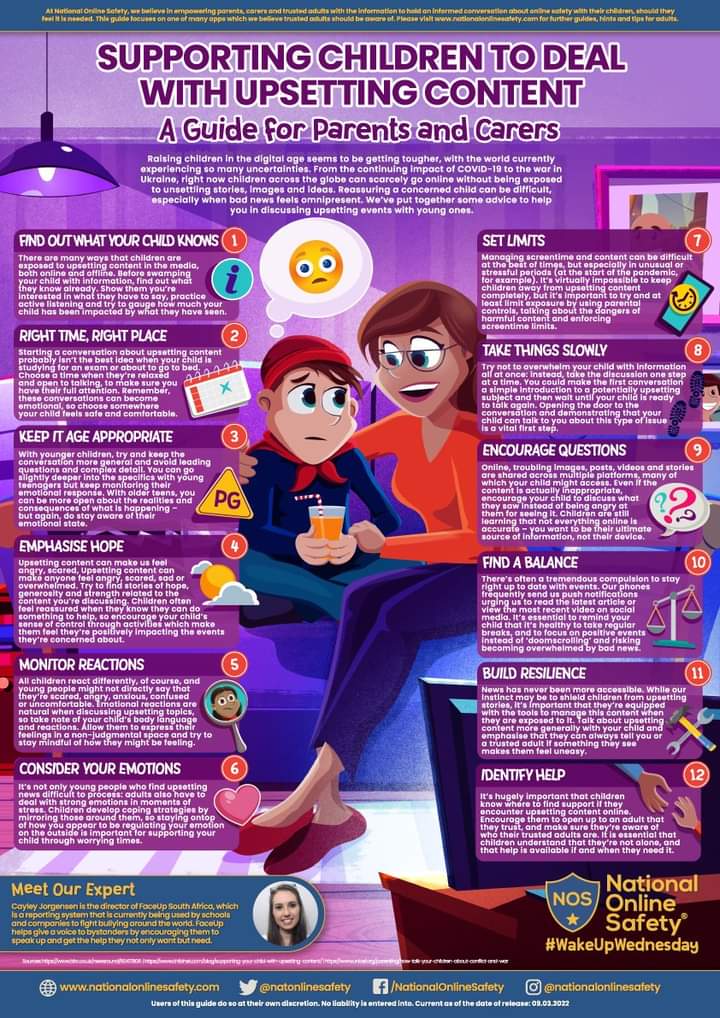
Online Safety

The internet is a wonderful, magical place where you can have an adventure through gaming, reading books, watching films, and much, much more. We are aware that the internet is constantly evolving and has become such an integral part of everyday life for us all, and especially our children.
Kernow Learning want to help you use the internet as safely as you can whilst in school and at home, so that you can get the most out of your time online, safely. Therefore, we have many tools that we use in school and can advise you about home safety as well.
The DfE Keeping Children Safe in Education statutory guidance requires Local Authorities, Multi Academy Trusts, and schools in England to ensure learners are safe from harm: “It is essential that children are safeguarded against potentially harmful and inappropriate online material. An effective whole school and college approach to online safety empowers a school to protect and educate pupils, students, and staff in their use of technology and establishes mechanisms to identify, intervene in, and escalate any concerns where appropriate”.
As a Trust, our internet traffic is filtered and checked by a "Watchguard" system. This is updated daily with any risks or keywords that will trigger an internal review. Every device used, has this protection, whether it is a child, member of staff or guest using the network. All internet traffic is also filtered and checked by Senso which is a cloud-based, category-based web content filter that appropriately filters and blocks students from harmful or inappropriate content, whilst adhering to Ofsted regulations. Devices provided to students to take away from school are protected by Senso's Content Filter with the same protective measures in place, while on and off your network.
All of our data is securely stored and only accessible by the appropriate people. We also ensure that the E-safety message runs throughout our curriculums, teaching ways to use the internet safely and appropriately.
We pride ourselves on the strength of the policies we have in place, which offer support to our pupils and staff for safe practice online, as well as an acceptable use policy for all.
As a Trust, we have a group of staff who are committed to continually raising awareness and the improvement of E-safety across our schools. They meet regularly to discuss and highlight any issues or potential threats to our pupils, staff or networks and then work alongside our dedicated I.T. providers to offer the best protection available, and to address any issues as they arise. All staff receive online safety training at the point of induction, which is renewed annually and separate filtering and monitoring training.
With the help of the National Online Safety website, Kernow Learning sends out helpful guides on the latest issues, weekly, via the social media platforms for your school. They also offer extensive video guides to help you at home and to explain some of the best ways you can be safe whilst onine. They also offer advice on what to do if you do come across any inappropriate content at home.
Each year, we also celebrate National Internet Safety day promoting the safe use of the internet, which we then share our findings and resources amongst our schools.
Our schools also complete an annual 360safe review, which highlights areas that are working well, and any areas that require development in practice.
Our friends at Internetmatters.org have some top E-safety tips.
- Put yourself in control - Make use of the parental controls with your home broadband. There are many guides on how to do this, but if you are unsure, you can come and talk to us or ask your provider for advice.
- Search safely - Use child-friendly search engines such as Swiggle Search Engine. This will help to keep your searches safe and appropriate.
- Agree boundaries - Set clear times for using the internet which allow time for breaks and other activities. This can also include the information that they can search for or videos they can watch.
- Explore together - If possible, spend time with your child while they search or have the device in a family room. That way, you can talk about their online activity and help them if they get stuck or unsure. It's also a great way to monitor their online identity and usage.
- Check if it's suitable - A fantastic website that gives advice on all types of media, is commonsensemedia.org. This gives you details about the age appropriateness of all things from books, movies, games and much more. You can see about the latest releases and learn about them before deciding if they are right for your use.
- Set up a favourites list of sites that you can share with them, that you have previously checked.
- Use your internet browser settings or your router settings to block websites or only allow appropriate sites to be viewable.
There are many sites that offer advice and information for you and your children to share and discuss. We have listed some of the best ones here for you.
- DfE - Advice for parents and carers on cyberbullying
- National Online Safety – Weekly guidance for games, apps and websites
- CEOP (Child Exploitation and Online Protection)
- Childnet – Helping make the internet a great and safe place
- UK Safer Internet Centre
- ThinkUKnow – empowering children and young people with some great videos
- Internet Matters – Set up by the largest internet providers in the UK
- Common sense media - A great resource offering advice, explainers, conversations, and so much more
- Parent Zone - Browse free digital guides, videos, information and education resources, building national media literacy
If you have any questions regarding e-safety in your school, then please don’t hesitate to speak to the headteacher or designated safeguarding lead where you can also find out how to get more involved!
Top tips


